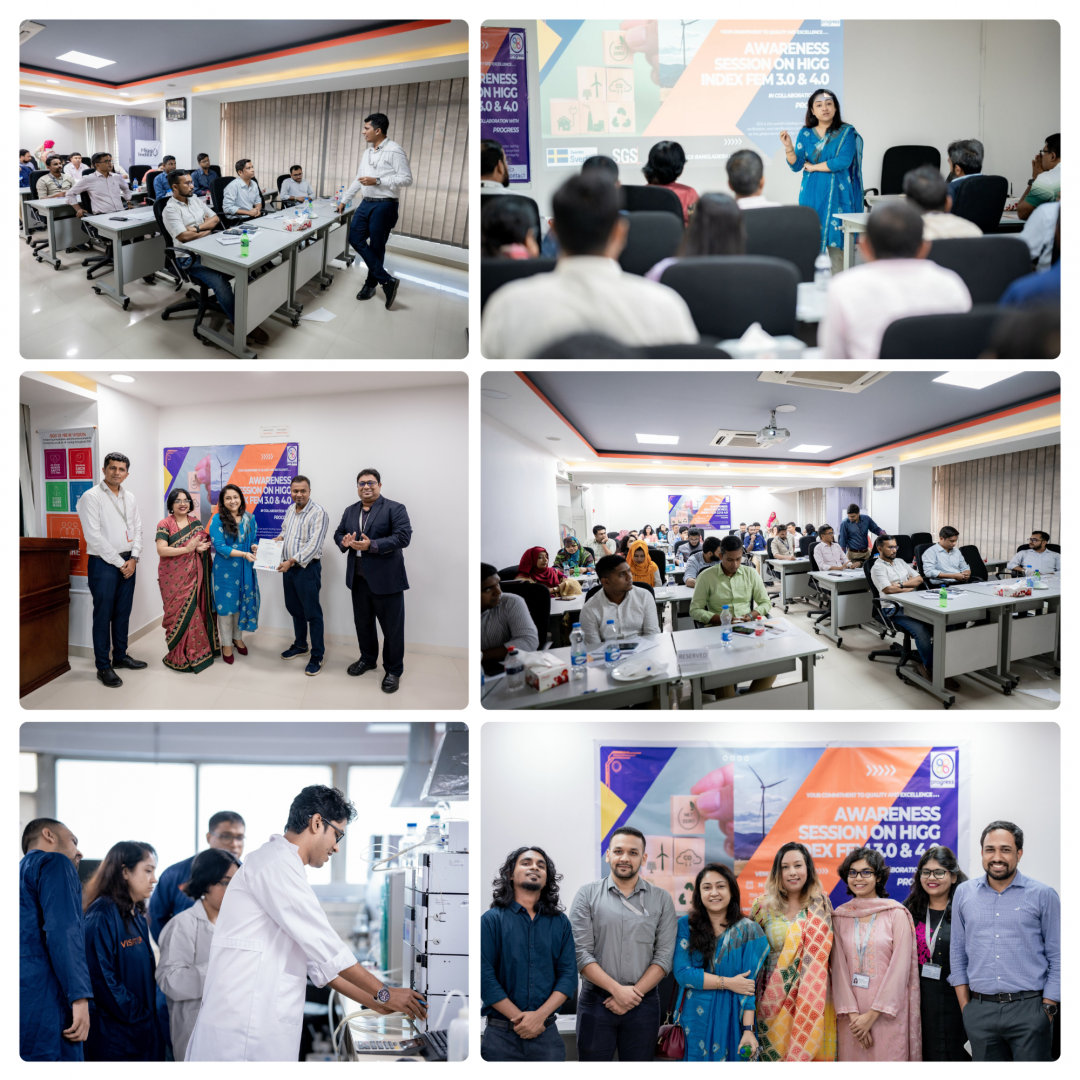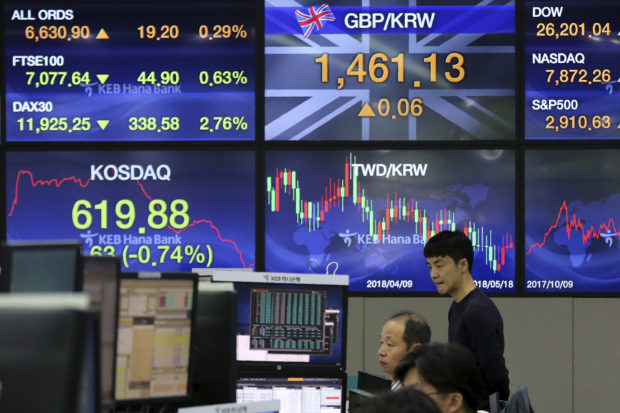A New Chapter: Bangladesh And Europe Collaborate For Progress

Table of Contents
Economic Partnerships: Driving Mutual Growth
The economic relationship between Bangladesh and Europe is a cornerstone of their collaboration, characterized by increasing trade volumes and significant investment flows. This mutually beneficial partnership is driving economic growth and creating opportunities for both regions.
Trade and Investment
The trade relationship between Bangladesh and the European Union (EU) is robust and ever-expanding. Bangladesh's key export sectors, particularly ready-made garments (RMG), jute products, and leather goods, find significant markets within the EU. This flourishing trade contributes substantially to Bangladesh's GDP and provides crucial employment opportunities. Conversely, the EU invests heavily in Bangladesh's infrastructure and manufacturing sectors, fostering sustainable growth and modernization. Trade agreements like the Everything But Arms (EBA) initiative have significantly impacted market access for Bangladeshi goods within the EU.
- Increased market access for Bangladeshi goods: The EBA initiative, along with other bilateral trade agreements, has facilitated increased export opportunities for Bangladeshi businesses.
- EU investment in sustainable manufacturing: European investment is increasingly focused on promoting sustainable and ethical manufacturing practices in Bangladesh.
- Job creation in Bangladesh: The growth in export-oriented industries is directly linked to the creation of numerous jobs across the country.
Development Assistance
The EU plays a crucial role in providing development assistance to Bangladesh, supporting projects aimed at poverty reduction, education, and healthcare improvements. This aid significantly contributes to Bangladesh's sustainable development efforts. EU-funded programs have demonstrably improved infrastructure, expanded access to healthcare, and enhanced educational opportunities across the country.
- Improved infrastructure: EU funding has been instrumental in developing vital infrastructure, including roads, bridges, and power grids.
- Enhanced healthcare facilities: Support for healthcare initiatives has improved access to quality healthcare services for a larger segment of the population.
- Increased access to education: Investments in education have expanded access to quality education, particularly for marginalized communities.
Sustainable Development Goals: A Shared Commitment
Both Bangladesh and Europe share a strong commitment to achieving the Sustainable Development Goals (SDGs). Collaboration in this area focuses on tackling climate change, promoting sustainable practices in key industries, and fostering environmental protection.
Climate Change Mitigation and Adaptation
Bangladesh is highly vulnerable to the impacts of climate change. The Bangladesh-Europe collaboration in this area focuses on mitigation and adaptation strategies. Joint initiatives address issues like renewable energy development, disaster preparedness, and climate-resilient agriculture. This collaborative approach is crucial for building resilience and protecting vulnerable communities.
- Investment in renewable energy projects: Joint projects are promoting solar, wind, and other renewable energy sources to reduce reliance on fossil fuels.
- Disaster risk reduction strategies: Collaborations focus on improving disaster preparedness and response mechanisms, protecting lives and livelihoods.
- Climate-resilient agriculture: Initiatives aim to develop agricultural practices that can withstand the impacts of climate change, ensuring food security.
Sustainable Practices in the RMG Sector
The ready-made garment (RMG) sector is a significant part of the Bangladesh economy. The Bangladesh-Europe collaboration is working towards improving labor standards and environmental sustainability within this industry. This includes promoting fair wages, safe working conditions, and reducing the environmental impact of garment production.
- Improved worker safety: Collaborations are focusing on implementing safety measures in garment factories to prevent accidents and protect workers.
- Reduced water pollution: Initiatives are promoting cleaner production technologies to minimize water pollution from textile dyeing and finishing processes.
- Promotion of ethical sourcing: Partnerships are working to promote ethical sourcing of materials and transparency throughout the supply chain.
People-to-People Connections: Fostering Understanding
Beyond economic and developmental collaborations, fostering people-to-people connections is vital for strengthening the Bangladesh-Europe relationship. Educational exchanges and cultural programs play a significant role in building mutual understanding and appreciation.
Educational Exchanges and Cultural Programs
Numerous initiatives promote student and academic exchanges between Bangladesh and European institutions. These exchanges broaden perspectives and foster collaboration in research and education. Cultural programs and festivals also play a critical role in showcasing the rich cultural heritage of both regions and building bridges between people.
- Student exchange programs: These programs allow students from both regions to study and learn from each other, fostering mutual understanding.
- Cultural festivals: Cultural events and festivals help showcase the diversity and richness of both Bangladeshi and European cultures.
- Joint research projects: Collaboration on research projects strengthens academic ties and fosters knowledge sharing.
Conclusion
The collaboration between Bangladesh and Europe represents a significant opportunity for mutual progress. Through strengthened economic partnerships, a shared commitment to sustainable development goals, and enhanced people-to-people connections, both regions stand to benefit immensely. The future of Bangladesh-Europe collaboration looks bright, promising continued growth and prosperity for all involved. We urge continued investment and dialogue to further solidify this crucial relationship and unlock even greater potential for progress. Let's continue to nurture this Bangladesh-Europe collaboration for a brighter future.

Featured Posts
-
 Dax Surge Will A Wall Street Rebound Dampen The Celebration
May 25, 2025
Dax Surge Will A Wall Street Rebound Dampen The Celebration
May 25, 2025 -
 Pride And Prejudice Revisiting A Classic And Discovering Donald Sutherlands Performance
May 25, 2025
Pride And Prejudice Revisiting A Classic And Discovering Donald Sutherlands Performance
May 25, 2025 -
 Rekordnye 300 Podiumov Mercedes Rol Rassela I Istoricheskiy Vklad Khemiltona
May 25, 2025
Rekordnye 300 Podiumov Mercedes Rol Rassela I Istoricheskiy Vklad Khemiltona
May 25, 2025 -
 Ccmf 2025 Tickets Sold Out Planning For Next Year
May 25, 2025
Ccmf 2025 Tickets Sold Out Planning For Next Year
May 25, 2025 -
 Escape To The Country Top Destinations For A Tranquil Life
May 25, 2025
Escape To The Country Top Destinations For A Tranquil Life
May 25, 2025
